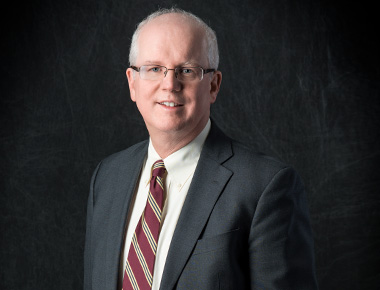Alerts
driven thinking
New York Emergency Sick Leave Law: What Employers Need to Know
Overview
New York employers must be aware of the New York emergency sick leave law which was enacted on March 18, in addition to the federal Families First Coronavirus Response Act (FFCRA) enacted on the same date. Unlike the FFCRA which does not become effective until April 2, 2020, the New York law took immediate effect. The New York law provides emergency sick leave and job protection to employees subject to orders of quarantine or isolation issued by an authorized, state, county, or local governmental entity.
The New York law imposes different obligations on employers based on the size of the company and annual revenue. Employers with fewer than 10 employees and annual revenue of less than $1,000,000 in the prior tax year are required to provide unpaid sick leave (i.e. job protection) during the quarantine period. For employers with more than $1,000,000 in revenue or 11-99 employees, they must provide employees with 5 days of paid sick leave and unpaid leave for the remainder of the quarantine or isolation order. For employers with 100 or more employees, they must provide employees with a minimum of 14 days of paid sick leave and unpaid leave for the remainder of the quarantine or isolation order.
Employers with fewer than 100 employees also must allow employees to be eligible for New York Paid Family Leave (NYPFL) and New York State Disability Leave at the end of their paid sick leave. The new law expands NYPFL benefits to cover: (a) leave taken when the employee is subject to a mandatory or precautionary quarantine or isolation order; or (b) leave taken to provide care for a minor dependent child of the employee who is subject to a mandatory or precautionary quarantine or isolation order. The law expands “disability” to include the inability to perform the employee’s job duties or any other duties offered by the employer due to a mandatory or precautionary order of quarantine or isolation due to COVID-19. Employees who have exhausted paid sick leave may file for disability benefits without any waiting period.
The New York law contains a limited exception. Employees will not be eligible for benefits if they are ordered to be quarantined after returning from a foreign country as to which the Center for Disease Control and Prevention has issued a level 2 or 3 of warning and the employee was aware of the warning before commencing the trip.
The New York law does contain a provision for interacting with federal law providing COVID-19 related benefits, providing that the New York benefits would only be available to the extent they exceed the federal benefit and will not be cumulative with such federal benefit. This should allow an employee to claim benefits pursuant to the provisions of the New York law equal to the difference between the benefits provided by the state law and those provided by any federal law or regulation. It appears that the New York law will have the greatest impact on New York employers with more than 500 employees who are exempt from the FFCRA obligations.
Significantly, the New York law also allows employees whose workplaces closed down for COVID-19 related reasons or pursuant to a mandatory order of a government entity to immediately file for unemployment without any waiting period. Finally, the New York law prohibits discrimination or retaliation against any employee taking leave under the New York law.
As legal developments related to COVID-19 are evolving rapidly on the federal, state, and local level, employers encouraged to keep aware of additional guidance and regulations that will be issued by federal and state departments in the coming days. As always, we encourage employers to consult with counsel with their specific questions and concerns on these new laws.


